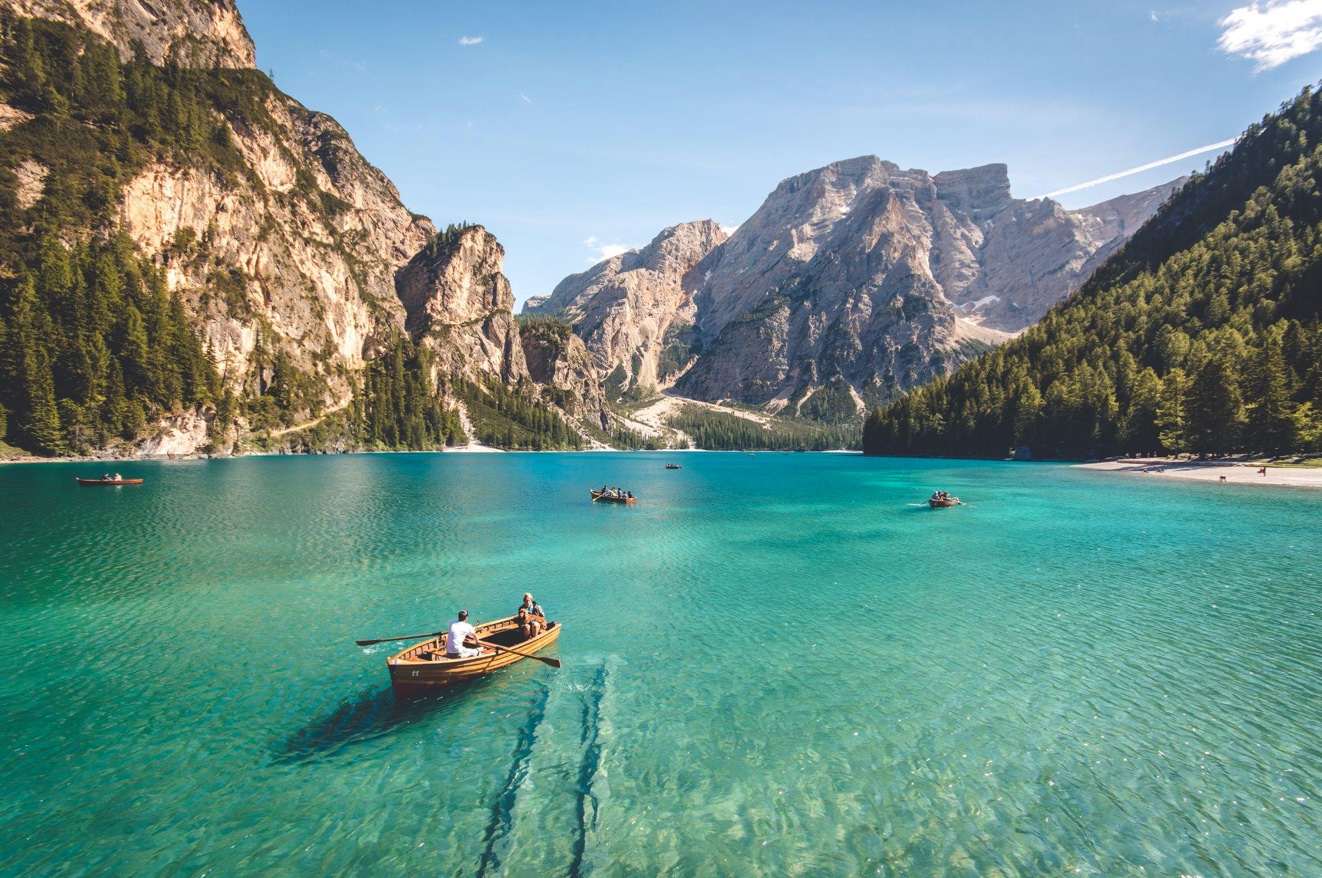Responsible travel is more than just a trend — it’s a commitment to preserving the environment and respecting cultural heritage.
The concept of responsible travel has received much attention in recent years. It is a comprehensive approach to tourism that includes eco-friendly practices, wildlife conservation, and cultural sensitivity.
As travelers and tour operators, we must know the legal standards and legislation governing responsible travel to contribute positively to our explored destinations.
Environmental protection laws
Environmental protection regulations safeguard our planet’s natural resources and ecosystems. Fantastic Services says, “These regulations govern environmental activities ranging from trash disposal to resource extraction.” In the context of tourism, they regulate aspects such as pollution control, waste management, and land use.
By understanding and complying with these laws, we can minimize our environmental footprint and contribute to preserving natural landscapes.
Wildlife conservation regulations
Interactions with wildlife are among the most exciting aspects of many eco-tourism experiences. However, respecting animals and their habitats must govern these encounters. Wildlife conservation regulations serve this purpose, protecting the well-being of animals and preserving biodiversity.
These regulations may restrict certain activities like feeding wildlife, disrupting habitats, or engaging in wildlife trade. Responsible travelers and tour operators should familiarize themselves with these rules and ensure their activities do not negatively impact wildlife populations or individual animals.
Cultural heritage preservation measures
Responsible travel extends beyond environmental considerations to include respect for cultural heritage. Legal guidelines often protect cultural sites and traditions, prohibiting actions that could damage historical monuments or disrespect local customs.
As travelers, engaging with local communities in a culturally sensitive manner is essential. This means respecting local customs and traditions, seeking permission before photographing people or cultural events, and supporting local economies by purchasing local goods and services.
International treaties and agreements
Sustainable tourism is not just a local issue but a global one. Numerous international treaties and agreements aim to promote sustainable tourism practices and protect the environment. These initiatives set standards that countries, tour operators, and travelers are encouraged to follow.
By aligning with these global initiatives, travelers and tour operators can contribute to larger efforts to preserve the environment and promote responsible travel. Moreover, adhering to these standards can enhance the reputation of tour operators and provide travelers with a sense of satisfaction, knowing they are contributing to global sustainability efforts.
Ethical business practices for tour operators
Tour operators have a significant role to play in promoting responsible travel. They must provide safe, eco-friendly, and responsible travel experiences. This includes transparent communication about their tours, fair treatment of employees, and respect for local communities and environments.
Accountability and transparency are key in these operations. Tour operators should communicate their sustainability policies to potential customers and regularly evaluate their practices to ensure they align with responsible travel principles.
Traveler’s responsibilities and ethical choices

Whether backpacking across continents or taking a weekend getaway, travelers have legal and ethical responsibilities. These extend from respecting environmental laws and wildlife to understanding and appreciating local cultures.
But it also involves making ethical choices, like choosing eco-friendly accommodations, using public transportation, or reducing water usage. Travelers can minimize their environmental impact and contribute to local economies in many ways.
Adhere to environmental laws and regulations
This means not littering, sticking to marked trails, not disturbing wildlife, and following all specific rules set out by natural reserves or parks. Violations can lead to fines and penalties, but more importantly, they can cause irreversible environmental damage.
Respect wildlife
It’s important to remember that we are visitors in their natural habitats. This means maintaining a safe distance, not feeding animals, and avoiding attractions that exploit animals for entertainment.
Respecting local customs and traditions
This includes dressing appropriately, especially in religious or traditional sites, learning a few basic phrases in the local language, and asking for permission before taking photographs of people or private property.
Choose eco-friendly accommodation
Many hotels and guesthouses now operate sustainably, using renewable energy, practicing water conservation, and reducing waste. Travelers can support businesses that prioritize the environment by opting for these accommodations.
Use public transport, walk or cycle
Doing this instead of hiring a private vehicle can significantly reduce carbon emissions and improve road safety. Some cities also offer bike-sharing programs, making choosing an eco-friendly mode of transportation even more accessible.
Reduce water usage
This can involve taking shorter showers, reusing towels, and fully closing taps afterward.
Support local economies
This can be achieved by shopping at local markets, eating at local restaurants, and hiring local guides. These actions can provide a crucial source of income for communities and help preserve cultural traditions.
By making informed decisions, travelers can minimize their environmental impact and transform their journeys into opportunities for positive change.
A commitment to responsible travel
Responsible travel is more than just a trend — it’s a commitment to preserving the environment and respecting cultural heritage. It requires a deep understanding of the guidelines and regulations that govern our activities as travelers and tour operators.
By making informed choices and adhering to these guidelines, we can all contribute to a sustainable and responsible tourism industry that protects our planet’s natural and cultural treasures.


Join the conversation!